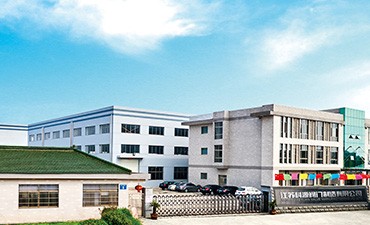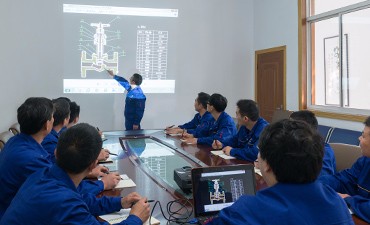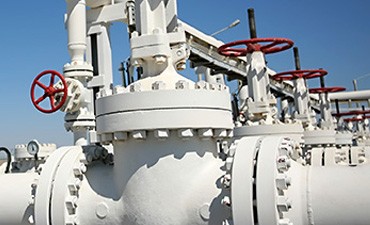Sewage means sludge. With the expansion of sewage treatment scale and the improvement of treatment level and process in recent years, the volume of sludge, the product of sewage treatment, is also increasing.
According to China Environmental Protection Online, for a long time in the past, most sewage treatment plants in China paid more attention to sewage than sludge. After sewage treatment, more than 80% of the sludge was dumped at will, polluting good farmland and soil. State statistics show that less than 60% of the sludge treated by sanitary landfills, fertilization, incineration, building materials and other harmless treatment, and 50% of the sludge failed to be harmless treatment.
Incomplete statistical data show that by 2017, the number of urban sewage treatment plants in China has exceeded 4000, sludge annual production of 35 million to 45 million tons, and water content in more than 80%. It is estimated that the annual output of sludge in China will reach 70 million ~9000 million tons by 2020.
Huge quantities of sludge have caused tremendous pressure on the ecological environment, and the "sludge siege" situation once appeared. Sludge is rich in pollutants in sewage. It contains a lot of nutrients such as nitrogen and phosphorus, as well as toxic and harmful substances such as organic matter, viral microorganisms, parasite eggs and heavy metals. Without effective treatment and disposal, it will cause serious harm to the environment.
In particular, the main method of sludge disposal in China is landfill. Once pollutants infiltrate into water sources and soil, polluted gases volatilize into the air, which threatens the ecology, but also seriously threatens people's healthy life.
In order to solve the problem of sludge treatment, "Water Ten" proposed to tilt the field of sludge treatment to a considerable extent. Environmental protection "13th Five-Year Plan" also proposed to vigorously promote sludge stabilization, harmless and resource-based treatment and disposal, prefecture-level and above municipal sludge harmless treatment and disposal rate reached 90%, Beijing-Tianjin-Hebei region reached 95%.
The coding of policies and regulations at the national level has undoubtedly greatly driven the process of reuse and innocuity of sludge treatment and disposal. The related treatment technology and equipment have also been developed rapidly. The phenomenon of "heavy water and light sludge" in major sewage plants has also been alleviated to a certain extent. In any case, the landing of national sewage sludge related policies and regulations has lighted the beacon for sludge treatment. The wheels around sludge recycling have begun to rotate. For example, the concept of sewage treatment plants in the recent period, the efficient use of sludge has played a vital role. However, some experts pointed out that although sludge disposal in China started late and experienced a period of development, it is still backward compared with developed countries, and the most important core treatment technology is scarce, without considering the basic domestic situation, or even a rough set of foreign technology. And many of the treatment equipment is obsolete and backward, the effect and efficiency are very poor, greatly hindering the progress of sludge treatment in China.
It is reported that China's sludge is slightly different from foreign countries, specifically, China's sludge production is huge and relatively concentrated, and organic matter content is low, resulting in sludge treatment is more difficult, so there is a certain degree of treatment difficulty.
We suggest that the state and local governments should increase their support in policy and capital, further improve the incentive mechanism for the current backbone, mobilize the enthusiasm of enterprises, explore innovative business models, improve the charging mechanism, expand more channels, and promote the diversification of investment subjects, so as to truly promote sludge. Deal with the sustainable development of the industry market.
So before 2020, sludge and solid waste, sewage, soil and other fields will become the focus of environmental protection work to promote the direction, I believe that at a certain time, sludge treatment and disposal will have more and more policy and financial support. (source: Network)
Disclaimer:This website is reproduced by editors of our website. The purpose of reproducing is to convey more information. It does not mean that our website agrees with its views and is responsible for its authenticity. If it involves the content, copyright and other issues, please contact us within 30 days, we will delete the content at the first time! [Statement] The copyright of the article on this site belongs to the original author and provides reference only for the author's personal opinions. It does not constitute any investment and application suggestions. This station has the final right to interpret this statement.






